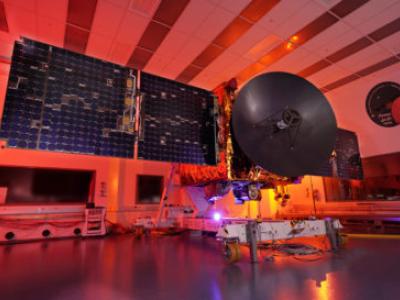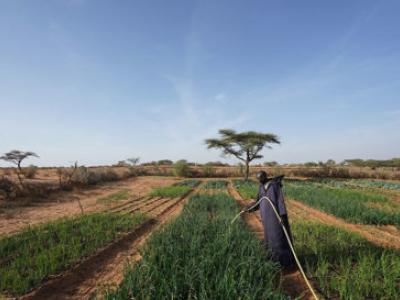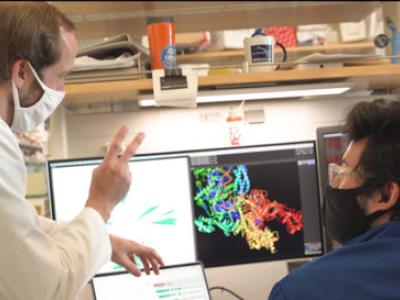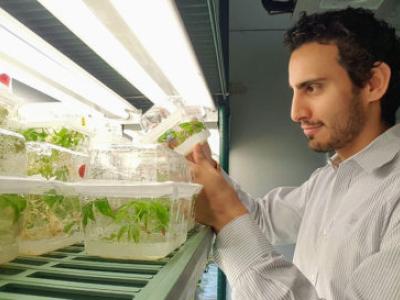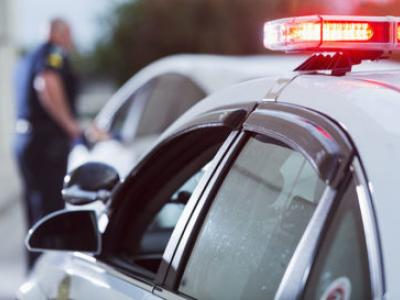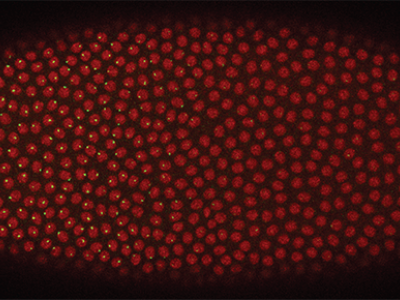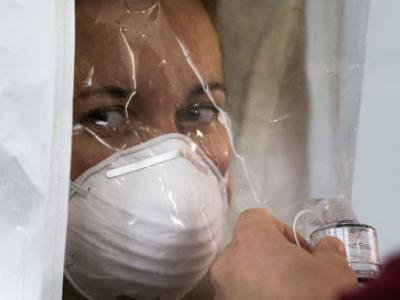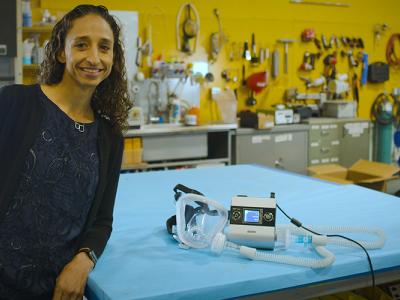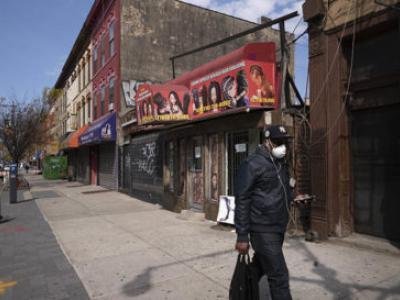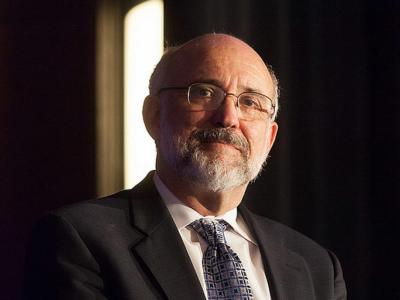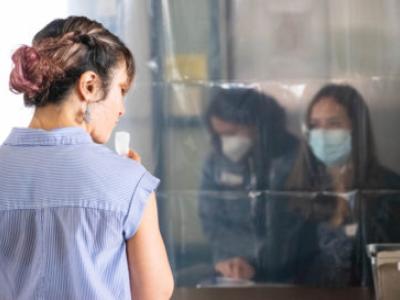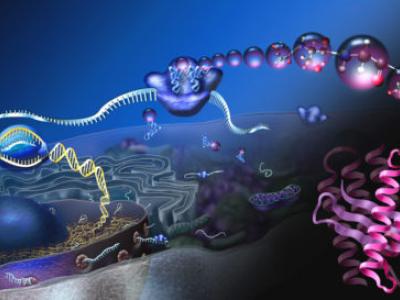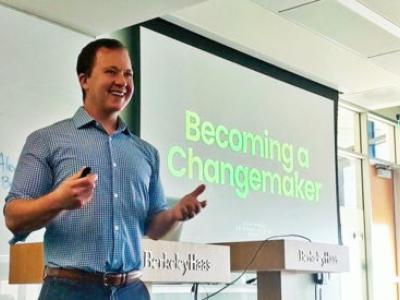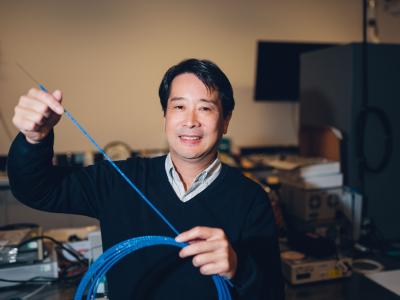At 2:58 p.m. PDT today (Sunday, July 19), the United Arab Emirates (UAE) successfully launched an interplanetary probe — the first by any country in the Arab world — thanks, in part, to science collaboration, training and instrument components provided by the University of California, Berkeley’s Space Sciences Laboratory (SSL).
Research News
Learn more about UC Berkeley's researchers and innovators.
Showing 1233 - 1248 of 3459 Results
Widespread use of pesticides and other agrochemicals can speed the transmission of the debilitating disease schistosomiasis, while also upsetting the ecological balances in aquatic environments that prevent infections, finds a new study led by researchers at the University of California, Berkeley.
The DNA-cutting proteins central to CRISPR-Cas9 and related gene-editing tools originally came from bacteria, but a newfound variety of Cas proteins apparently evolved in viruses that infect bacteria
IGI researchers are using CRISPR to alter the staple crop cassava, making it safer and easier to eat.
We humans may not always see eye to eye on politics, religion, sports and other matters of debate. But at least we can agree on the location and size of objects in our physical surroundings. Or can we?
For anyone who wants to understand the rise and reign of Donald Trump, one question may be paramount: Why have laid-off industrial workers, hardscrabble farmers and ranchers, and millions who lack health care embraced a conservative movement that expressly serves the economic interests of America’s wealthiest 1%?
About 40% of all interactions between police and the public are traffic stops — and about 20 million happen each year. Ample research has shown that police are not only more likely to pull over Black and Latinx drivers, but to search them, too.
By applying ideas from theoretical physics, researchers are starting to develop a unified understanding of how genes are regulated. Below, graduate student Jonathan Liu explores the interface between physics and biology and discusses the field of biophysics with two researchers.
For some individuals with COVID-19, recovering from the acute phase of the infection is only the beginning. Worrying reports now indicate that the virus may be capable of inflicting long-lasting damage to the lungs, heart and nervous system, and researchers are closely watching to see if the kidneys, liver and gastrointestinal tract may be susceptible to persistent damage as well.
The coronavirus pandemic’s arrival earlier this year prompted Stephen McNally, a videographer for University Development and Alumni Relations (UDAR), to jump on a call with campus researchers discussing how they could turn their labs into workspaces to tackle COVID-19.
The COVID-19 pandemic has led to unprecedented levels of unemployment and economic uncertainty, and despite strong government efforts to address human needs, continued support and bold policy are essential for the months ahead, top scholars said during a recent event at UC Berkeley.
The NACS Award for Distinguished Service in the Advancement of Catalysis recognizes an individual who has advanced catalytic chemistry or engineering by significant service to the catalysis community in addition to technical accomplishments.
Scientists from the Innovative Genomics Institute (IGI), the same UC Berkeley group that rapidly popped up a state-of-the-art COVID-19 testing laboratory in March, are now trialing a quicker way to obtain patient samples: through saliva.
A team of institutions led by UC Berkeley has been awarded a $20 million research grant from the National Science Foundation to pursue breakthrough technologies towards new medicines and innovative materials. The effort brings together a team of chemists, biologists, engineers, and data scientists to tackle a “Holy Grail” problem in the chemical sciences: how to synthesize truly sequence-defined chemical polymers, oligomeric molecules possessing both a pre-determined, diverse sequence, and a defined length.
The instructors of a new UC Berkeley course have set an ambitious goal: changing the world, one student at a time.
“The Berkeley Changemaker: A Discovery Experience” is a three-week class offered this summer to first-year undergraduates to help them identify their passions and leverage their leadership traits to transform Berkeley and the world, for the better.
Rather than close the New York City subway Canarsie Tunnel for repairs, a team including Kenichi Soga, Berkeley professor of civil engineering, developed a plan to strengthen the walls with fiber-reinforced polymer and install fiber optic sensors to remotely monitor the tunnel’s vulnerability to future damage. Soga explained his work to advance this technology and speed its implementation in major infrastructure projects. His work is supported by the Bakar Fellows program.

